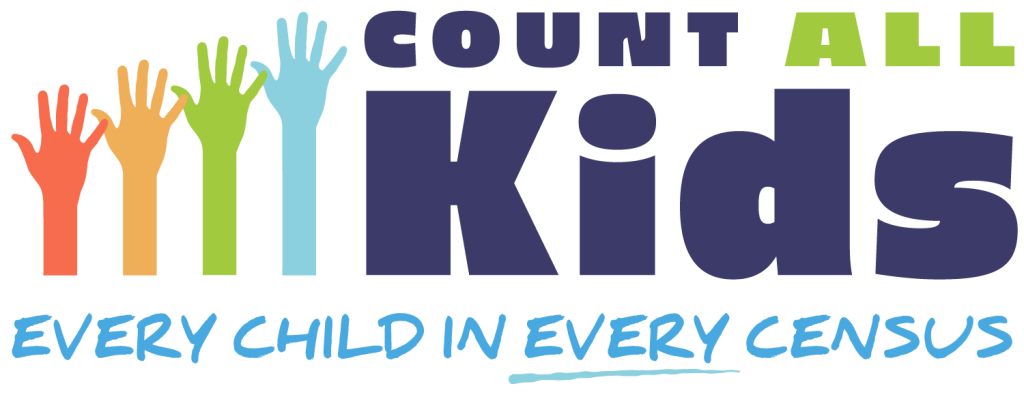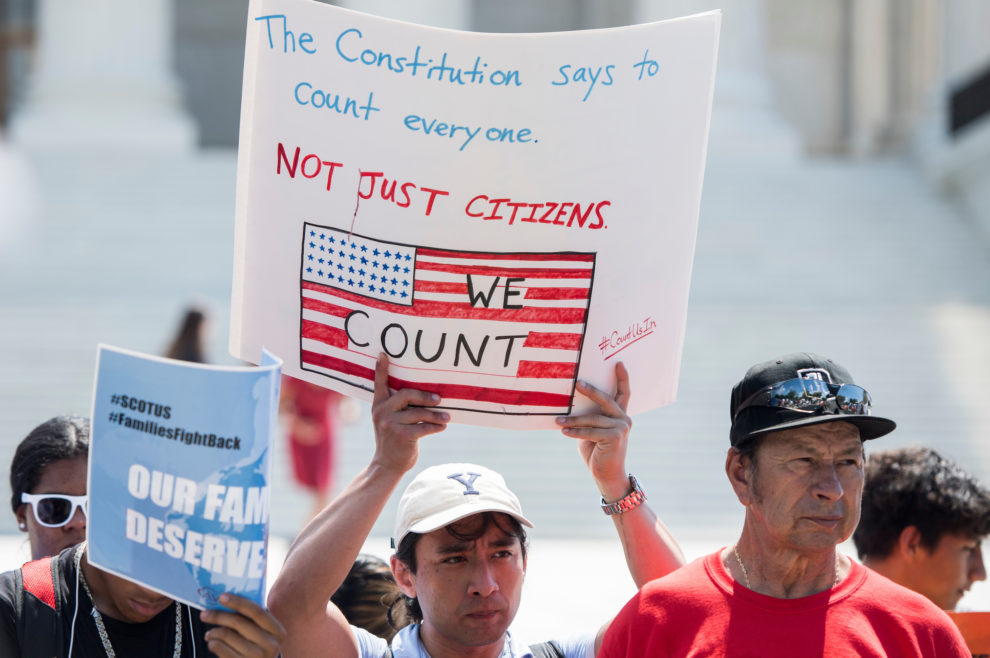This post was originally released at FirstFocus.org. You can view the original post here.
One of the key tenets of the work of First Focus on Children is that the well-being of every child matters. Thus, we were horrified to see President Trump’s recent Presidential Memorandum directing that undocumented individuals should be excluded from the 2020 Decennial Census data being used to determine the apportionment of congressional districts.
First, it is important to stress that this Memorandum is blatantly unconstitutional – the 14th Amendment clearly states that “representatives shall be apportioned among the several States according to their respective numbers, counting the whole number of persons in each State, excluding Indians not taxed.” As many lawyers (see also here and here) have confirmed, the term “persons” has long been counted to include everyone, and the President does not have the ability to determine who counts.
There is no doubt that if implemented, this will hurt children—citizen children, documented children, and undocumented children—in significant ways, with the most immediate being it will discourage households with children from responding to the 2020 Census. Six million children live in households with at least one undocumented immigrant adult. While this Memorandum does not change the fact that no citizenship question exists on the Census form, we know that its existence may add to the fear that immigrant households already face in completing the Census.
Two million young children were missed in the 2010 Decennial Census, more than any other age group. We are at great risk of another severe undercount in 2020 – nearly 40 percent of the country has yet to respond to the Census, and far fewer households with children have responded in Census tracts that are determined to be at high-risk for undercounting children.
As we know from the work of the Count All Kids Committee, when families respond to the Census and count everyone in their households, it means more federal money for their states and communities for schools, for health care, for child care, and for many other programs that help children thrive. It means local governments have better information to plan for things like the number of children in schools or how many families need health care. If we fail to count all of our nation’s children, the repercussions will last for the next decade, or most of a childhood.
While the direct implications of the President’s Memorandum are terrible enough, it could have even larger ramifications. Other ongoing attempts along these lines to affect who is included when drawing Congressional districts have focused on limiting apportionment based on the federal voting population – which excludes all noncitizens and all children.
Excluding children, as the New York Times’ Emily Badger points out, shifts more power to areas that are older and whiter as our child population grows increasingly diverse. Children are often treated as an afterthought by politicians because they are not allowed to vote, but millions of children will be invisible and completely unrepresented if this plan moves forward and all 74 million children in this country could be ignored and unrepresented.
If the Trump Administration attempts and is successful at using this line of reasoning, it will mean fewer resources for children at a time when they need it most. Even before the outbreak of COVID-19, children experienced high rates of poverty and homelessness, and the pandemic and resulting economic recession are only serving to further exacerbate these problems.
There are already actions happening to stop implementation of the Memorandum, with several lawsuits underway. In addition, Congress needs to act to extend the statutory reporting deadline for apportionment data to April 30, 2021, and ensure that the President cannot force the U.S. Census Bureau to transmit data to the Administration before the Census Bureau determines the data are ready.
For additional information on the importance of the 2020 Census to child well-being:








